A space heater with sufficient wattage can draw power to keep the room at a constant temperature. Depending on the square footage of the room, there are specific sizes of generators that meet the wattage needed. If you’re struggling to find the generator size you need, you're in the right place. We did thorough research to help you with the answer!
To run a space heater, typically you need 1500W, but to be safe, the ideal size you need is a 2000W generator. However, it still depends on the capacity of the space heater. Always determine the wattage of your space heater, so you'll be able to find an appropriate generator.
There are factors to consider when finding out the right generator you need. Keep reading to discover those factors and more about generators and running a space heater.
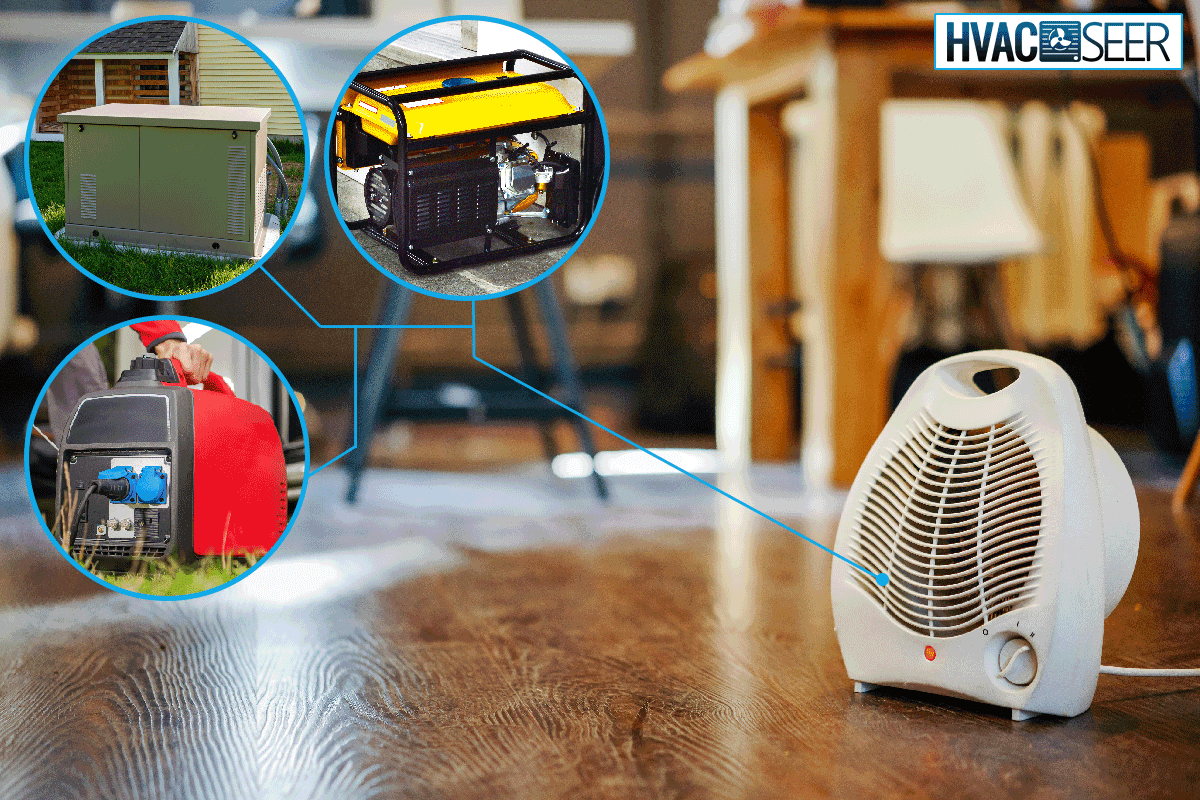
What Kind Of Generator Do I Need To Run A Space Heater?
There is a right generator for you depending on how much power your space heater will consume. You need to determine the required wattage of your space heater to know what kind of generator you should use. For example, if your space heater's capability is 250 square feet, then the recommended generator is a 2500-watt invented generator.
Choosing A Generator
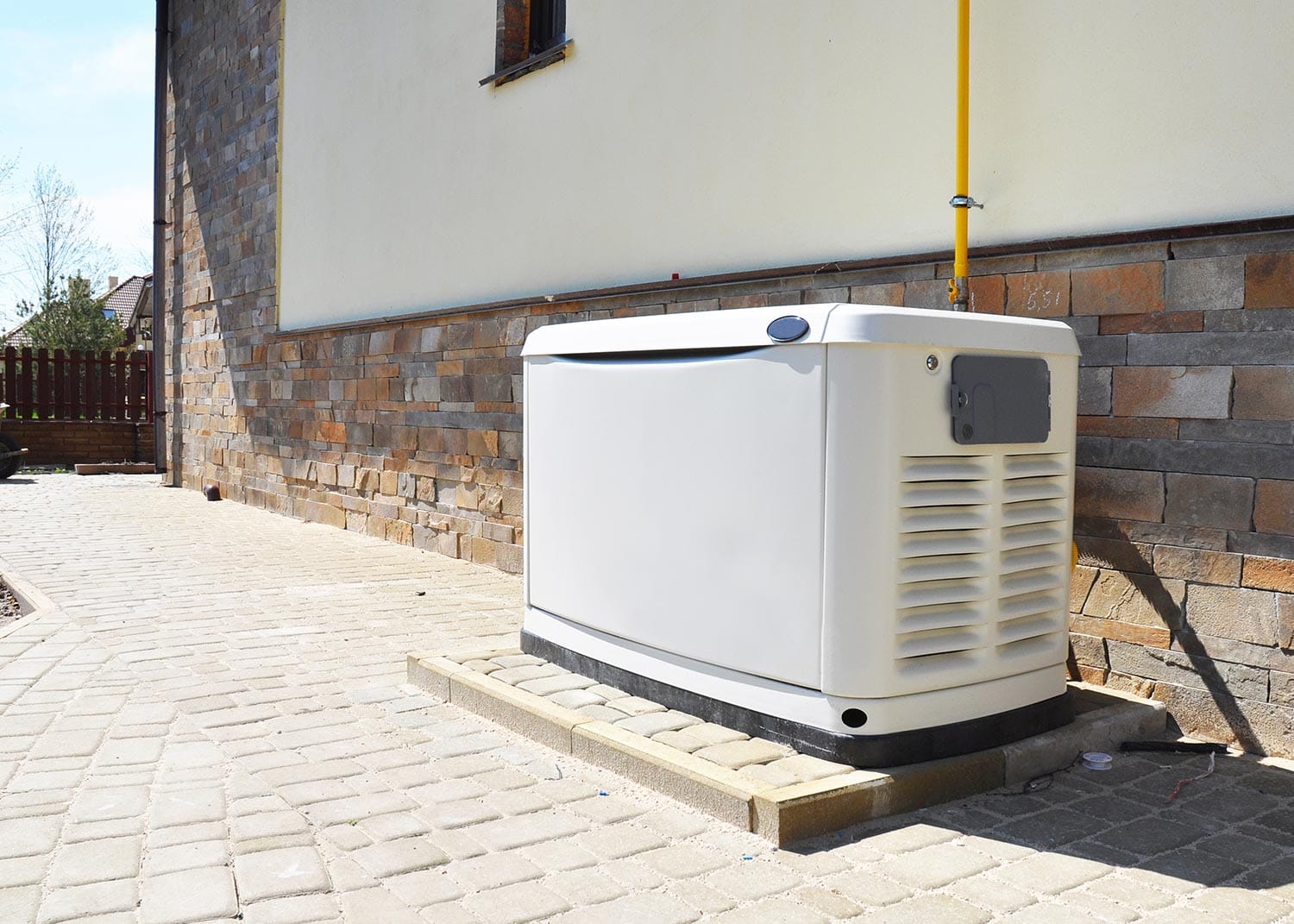
To decide which generator is best for your use, consider the following:
1. Portability or permanent backup generators
Portable generators are convenient for mobility. Furthermore, its mobility comes with disadvantages. Portable generators can not produce a reliable wattage to power the whole house. Its fuel capacity is low, hence its portability. Permanent backup generators can power the entire home and will automatically turn on when there’s an electrical outage. This generator is optimal for business since it can produce high wattage for household use.
2. The generated power
This is the most critical factor when choosing a generator. The energy produced by a permanent generator is reliable for powering the whole electrical system in a household or business. Even if it creates high power, sometimes it isn’t used completely. So, it's also consuming energy that is being unused.
Portable generators can produce low wattage; however, depending on their size, they can produce electricity that can power several numbers of appliances inside your home.
3. Costs of a generator
Some generators are cheap and some are expensive. Also, there are cheap generators that do the job and produce the desired wattage. Expensive generators work as well as the cheap ones. The only difference is the long-term use.
Does The Size of the Generator Matter?
Choosing the right size for a generator can prevent issues. That’s why knowing the right size for a generator is very important. Also, there are certain risks and consequences when you get a generator that is too big or too small for your needs.
Maintaining A Generator
Scheduling regular maintenance for your generator can prevent it from breaking. Maintaining your generator is usually done after using it or regularly checking up on it.

Generators are prone to debris, dirt, and dust coming from their rotors and stators. Cleaning the air filters in the generator will remove unwanted substances and keep the motors and stators clean. Not cleaning the air filters would result in inefficient production of energy or power.
Air filters are important for protecting your stators and motors. Another way to maintain your generator is to clean your fuel tank. Old fuel stored in your fuel tank can damage your whole system and can cause erosion. To prevent corrosion in your equipment, always empty the fuel in the tank after each use, allowing the generator to run efficiently and with clean energy each use.
Batteries in the generator are also vulnerable to erosion. Additionally, batteries can deplete energy even without use. Always check your battery health for the efficiency of power output.
Since generators are loud, most people park generators as far away from the house as they can. As long as you stick to a 100-foot length and use heavy-duty 12-gauge wires, it is okay. Longer and lighter wires result in more voltage loss. Low voltage can also speed up the burnout of appliance motors.
Advantages and Disadvantages Of Generators
Knowing the advantages and disadvantages can give you some knowledge of how generators work. Here are some of them:
Portable generator
It is more likely a good choice if you need limited power for unexpected power outages. You can also bring it anywhere, especially when camping. It is more affordable compared to other generators, and you can use it as an emergency generator.
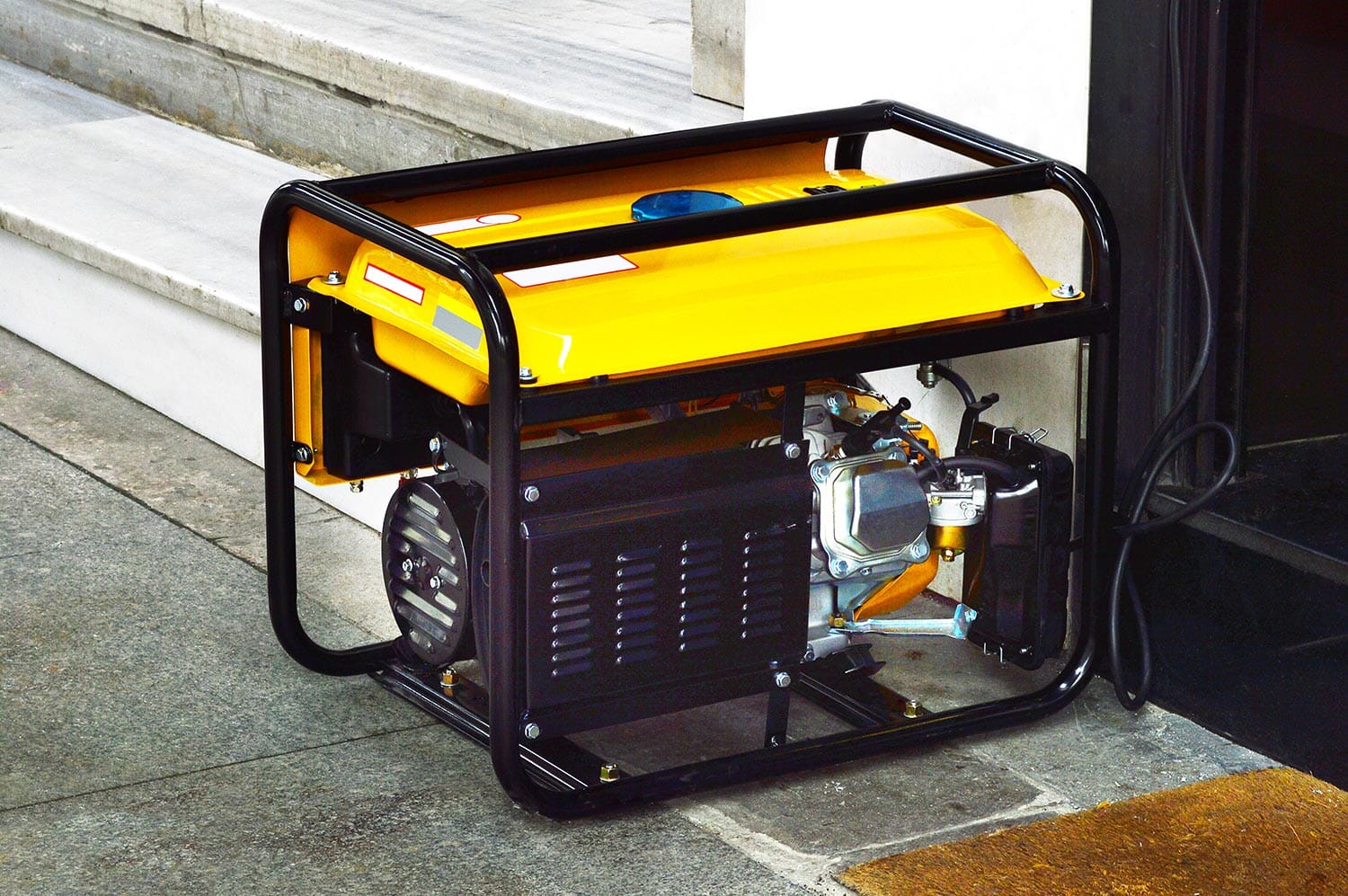
Portable generators are noisy and hot. This type of generator needs to be placed outside of the house and requires a strong and powerful extension cord that can handle high voltage. It emits a poisonous gas, carbon monoxide, which can affect the human body. Its noise is a common con for portable generators. Since it's packed into a mobile generator, the noise that it emits is uncomfortable and irritating.
A portable generator can only power small appliances and devices. The power it produces isn't enough to turn on multiple big appliances. Also, because of its mobility, an automatic start is not applicable for this type of generator. It works via manual operation by switching it on and fueling it up.
Inverter Generators
It is more capable of delivering pure and clean AC power. It has low noise; it uses a smaller engine which reduces noise. Also, it has less carbon monoxide emissions, and these kinds of generators are much safer for you and your family.
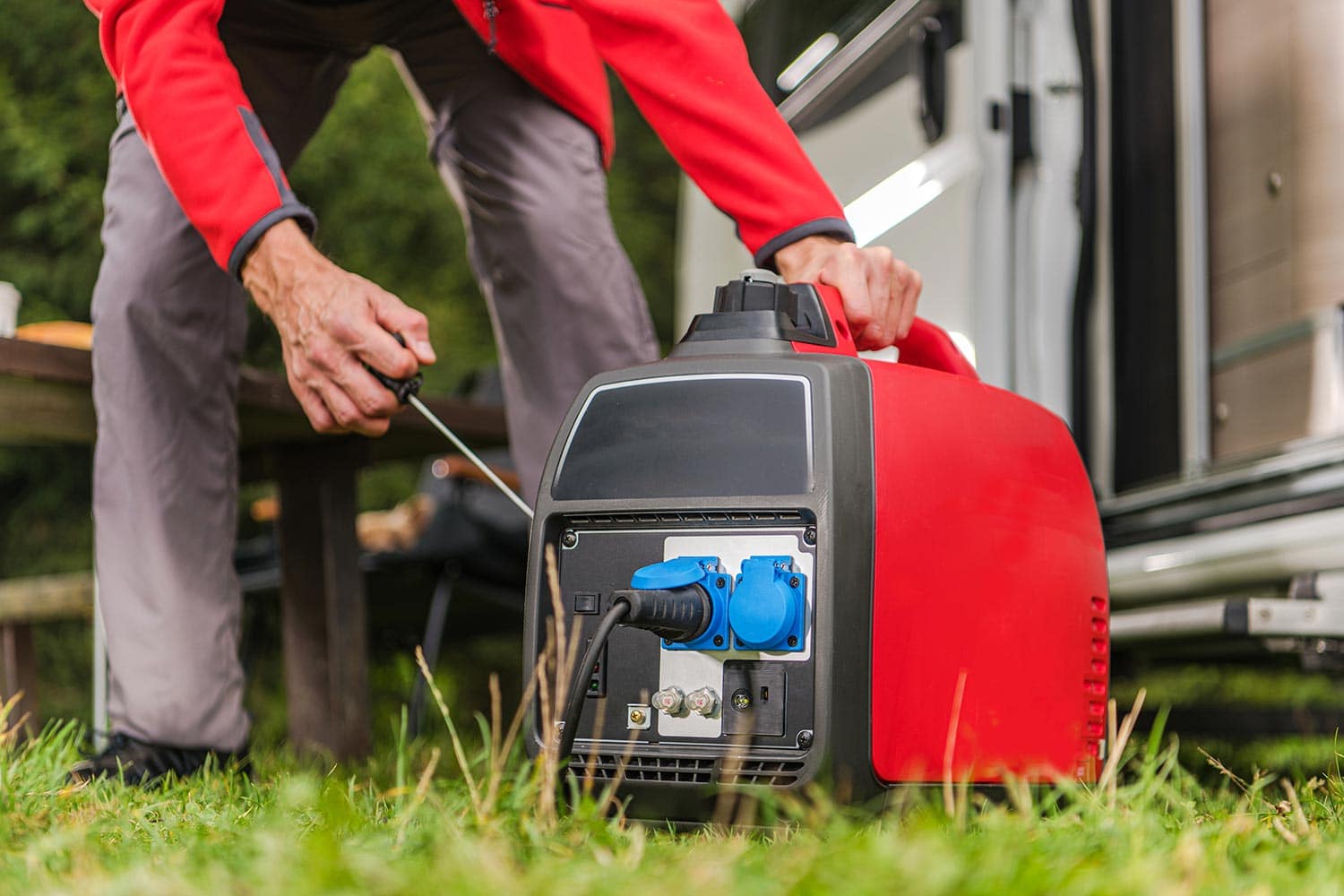
These generators have a good amount of power output. Because of their performance, they can power multiple household appliances and come with a lot of costs. Inverter generators are expensive compared to portable converters. Inverters are certainly more powerful than portable generators; however, the only downside is the cost and low output voltage.
Standby Generators
It is worry-free, so you don’t need to check it when the power goes out. And it will turn on automatically when an unexpected black occurs. It also requires low maintenance, you just need to ensure it gets serviced so it won’t need refueling even during a longer power outage.
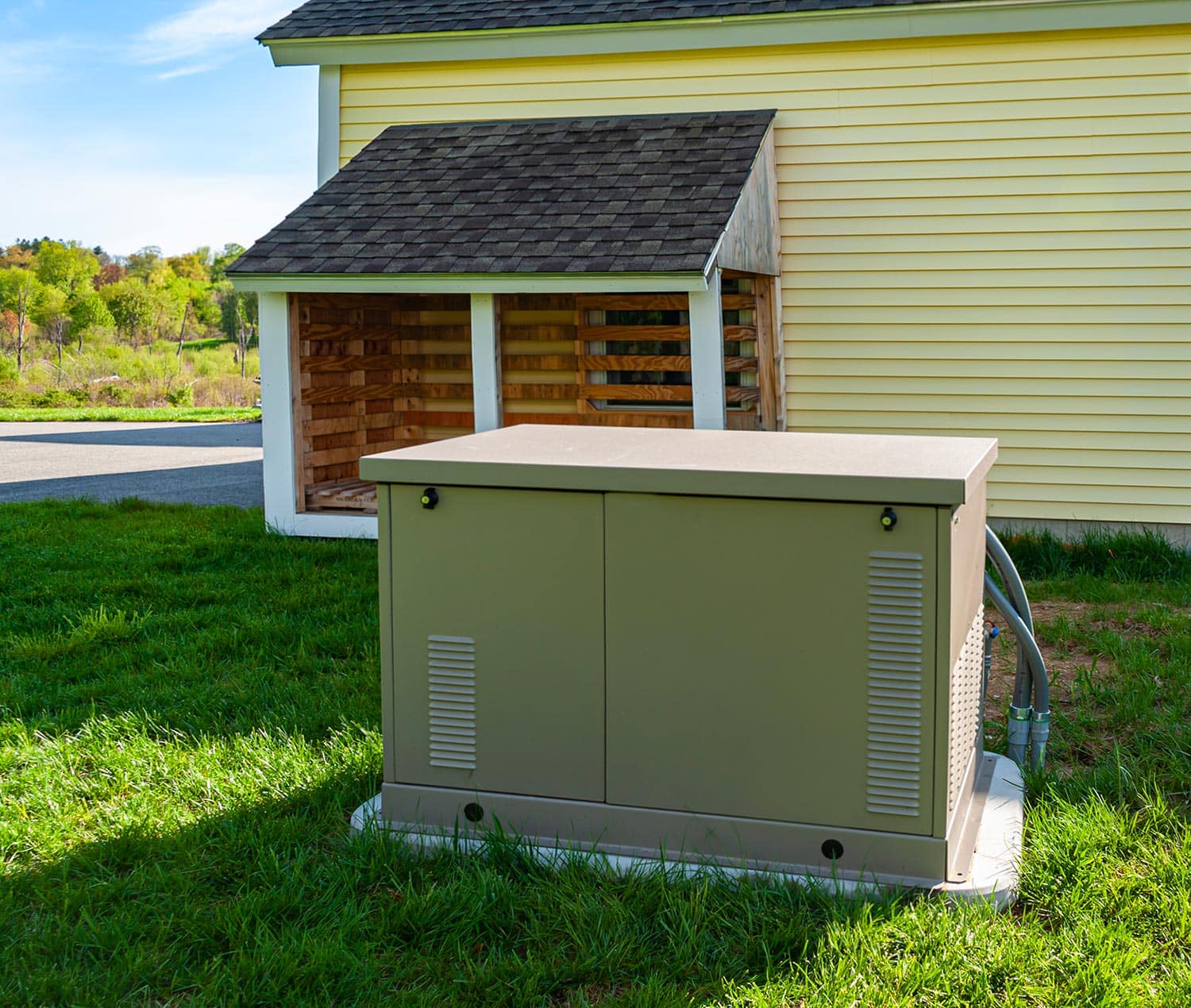
The cost of this type of generator is expensive. Unlike portable generators, standby generators are immovable and permanently installed on the property. Additionally, with the direct gas line feeding into the system, the expenditure to cover an automatic backup of electricity is high.
Being permanently placed in a location requires a large amount of open space. As a machine, it requires heavy and regular maintenance. Failure to maintain the generator engine can lead to more repair expenses and the inability to start up when an electric outbreak occurs.
Can A Generator Run Continuously?
It can keep running if it has enough fuel. However, it also needs a break if you don’t want to end up with a damaged generator. Lastly, consider the serious factors of running your generator continuously, especially if you’re using a gas-powered generator.
Would It Ruin The Generator If It Runs Out Of Gas?
According to some users of an online community forum, it won’t do any harm or damage to your generator. But it would be best not to let your generator run out of gas while it’s supplying power. It's highly recommended that you put in enough fuel when using your generator.
In Closing
Choosing the right size for a generator matters a lot. Also, always consider all the factors we have discussed above. You can always go back to us and review the information in this article.
Before you go, you can check out the related posts:
What Size Generator To Run A Heat Pump?
What Size Generator Do I Need To Run A Window Air Conditioner?
